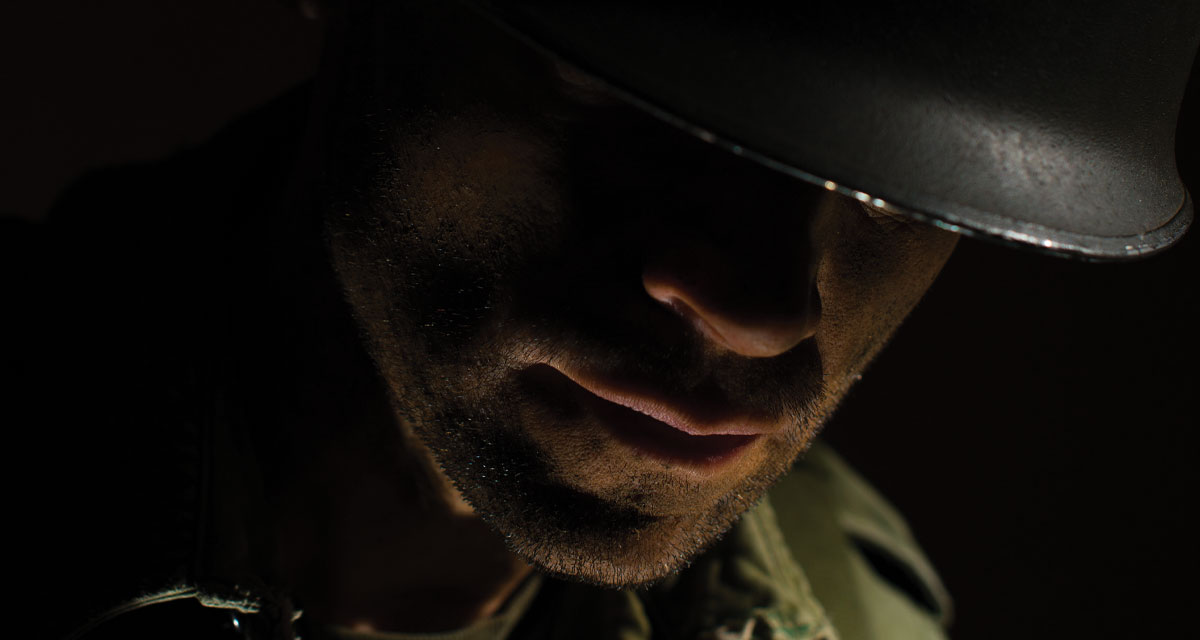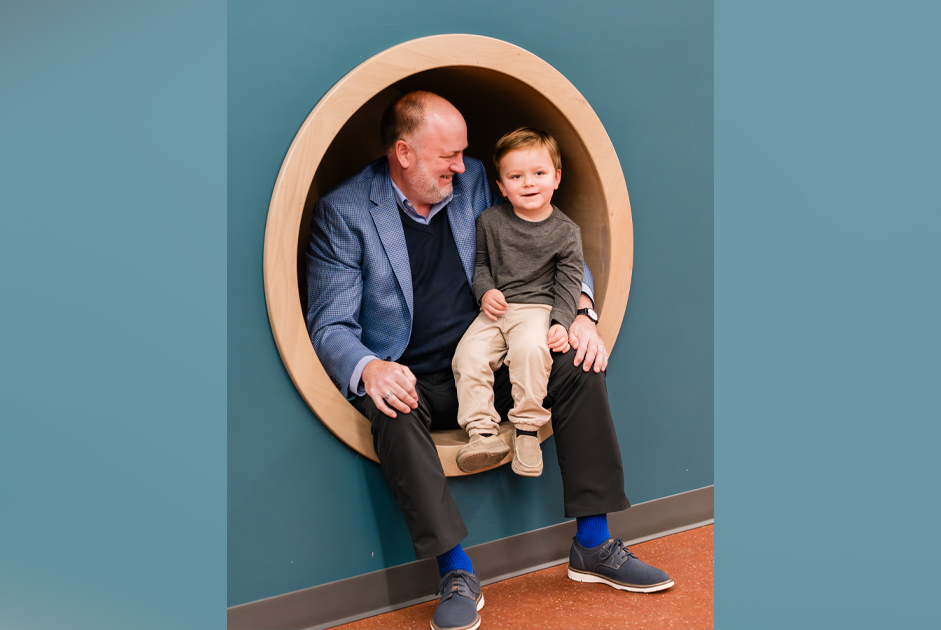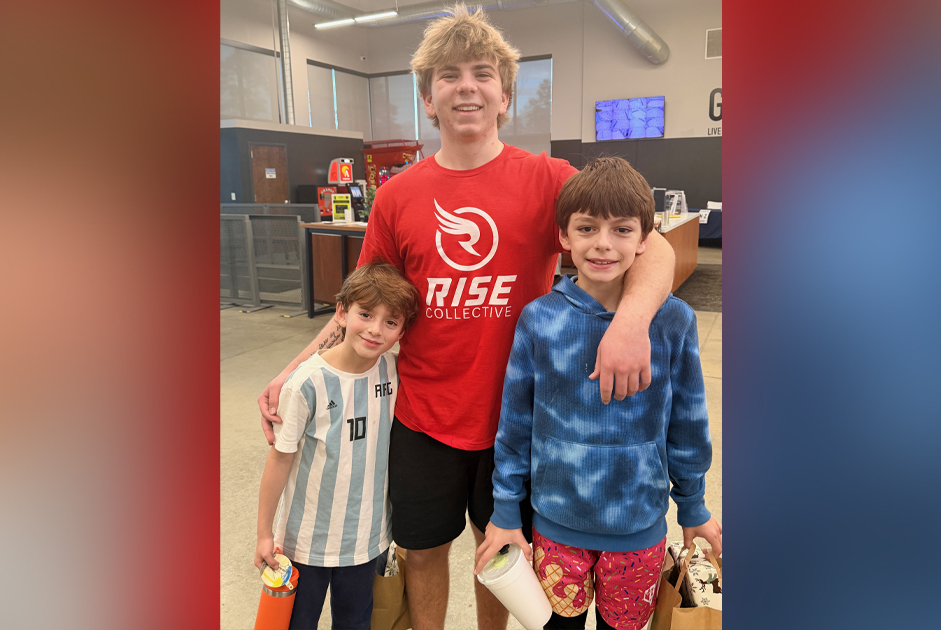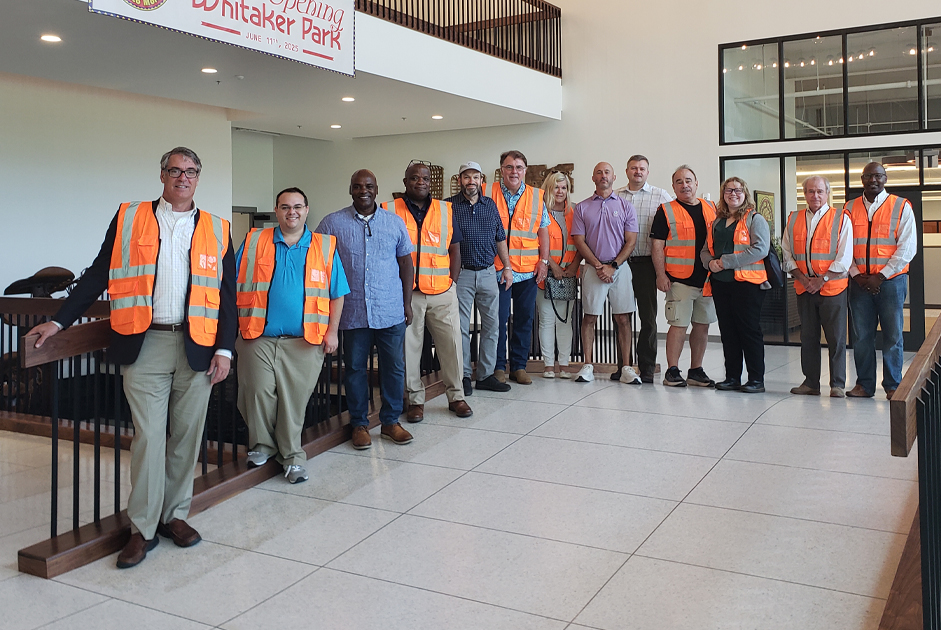The months spanning 2020 and 2021 brought to the surface an acute awareness of mental health. Weekly, if not daily, video or phone calls and texts reached beloved family and friends, whether near or far, to ask the most critical question, “How are you?” and “Did you leave the house today?” A sign of relief welcomed those willing to talk, opening the door to verbalize concerns, feelings, and problems. Other times, silence or a dismissive response led to a grave worry and the question, “What more can I do?” The “call for help” arrives in varying degrees. While some could verbalize it or use emotions, others chose to enclose themselves in darkness. From that year’s experiences, not one of us can disregard the instinct to seek help for ourselves or others!
An Instructive Tool
As humans, we are complex individuals who selectively share our secrets to a small few. Deep down, there may be a darker, concealing side. As a means to better understand ourselves and our interpersonal relationships, we can use the Johari Window Model, which provides an honest self-assessment through a symbolic, four-paned window.
- The first pane represents complete transparency, a clear glass divulging all thoughts, feelings, and information.
- The second quadrant is known as the “blind.” While others can see hidden strengths and character flaws, the defined values are unknown to you.
- A third window is a place “hidden”—a tinted scene containing information that others do not know.
- The fourth pane portrays the complete darkness of the “unknown.” Perhaps the content is buried or forgotten, never revealed or known by others.
Master Sergeant J. was the life of the party. His animated acts, one-liners, and brilliant mind left the crowd in stitches of tears of laughter. His hidden place led to cycles between long bouts of alcoholism and rehab. J.’s “red flag” was known to supportive family and friends; yet, he dressed for work one weekday morning, kissed his wife, and left the house to end the pain.
Defense Mechanisms
Jesse Almanza, USMC, RET., shares, “In the Marine corps, through a program called SACO, Substance Abuse Control Officer, I arranged alcohol and drug classes. Many [others also] came to the discovery that they had underlying problems and needed guidance to learn how to let go. Marines and other military members need an alternative way to cope with missing the births, birthdays, holidays, and deaths of loved ones. Without help, it becomes a defense mechanism to face problems and [we] respond through anger, isolation, alcohol, drugs, or other means.”
Defense mechanisms are psychological strategies to separate the mind from unpleasant events, actions, or thoughts. We use denial and compartmentalizing as means of escape. Coping is not all negative.
Do you?
- Engage in a constructive activity when you begin to feel anxious?
- Plan rather than allow a challenging situation to result in feeling overwhelmed?
- Remain quiet, rather than confront a problem?
- Make humorous quips during moments of stress?
All the above are normal responses!
Joining a Group
Receiving emotional support necessitates making a phone call or arriving at a destination on time. Nike Roach, Founder of the Gulf War Veterans Coffee in Winston-Salem, shares, “Not everyone wants to join a group. Usually, there are preliminary questions, such as ‘Who is in the group and is it worth my time?’ As leaders of a group, we are not the professionals; yet, as veterans, we are instrumental as a resource to provide a safe space in allowing others to vocalize their thoughts. When we discover someone in a state of crisis, it matters that we were there to hear the confession. While we are not professionals, we are the source of help and can provide places to call or go.”
Whether he or she is a friend or acquaintance, it takes bravery to admit, “I am in a bad place!” Most people need a safe space and a friend among the crowd. You may be the one positive resource to get them from darkness to light!
Veterans Crisis Line Number (800) 273-8255
Clemmons Office Veteran’s Affairs (336) 766-1496



















